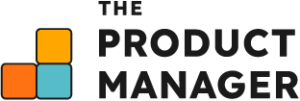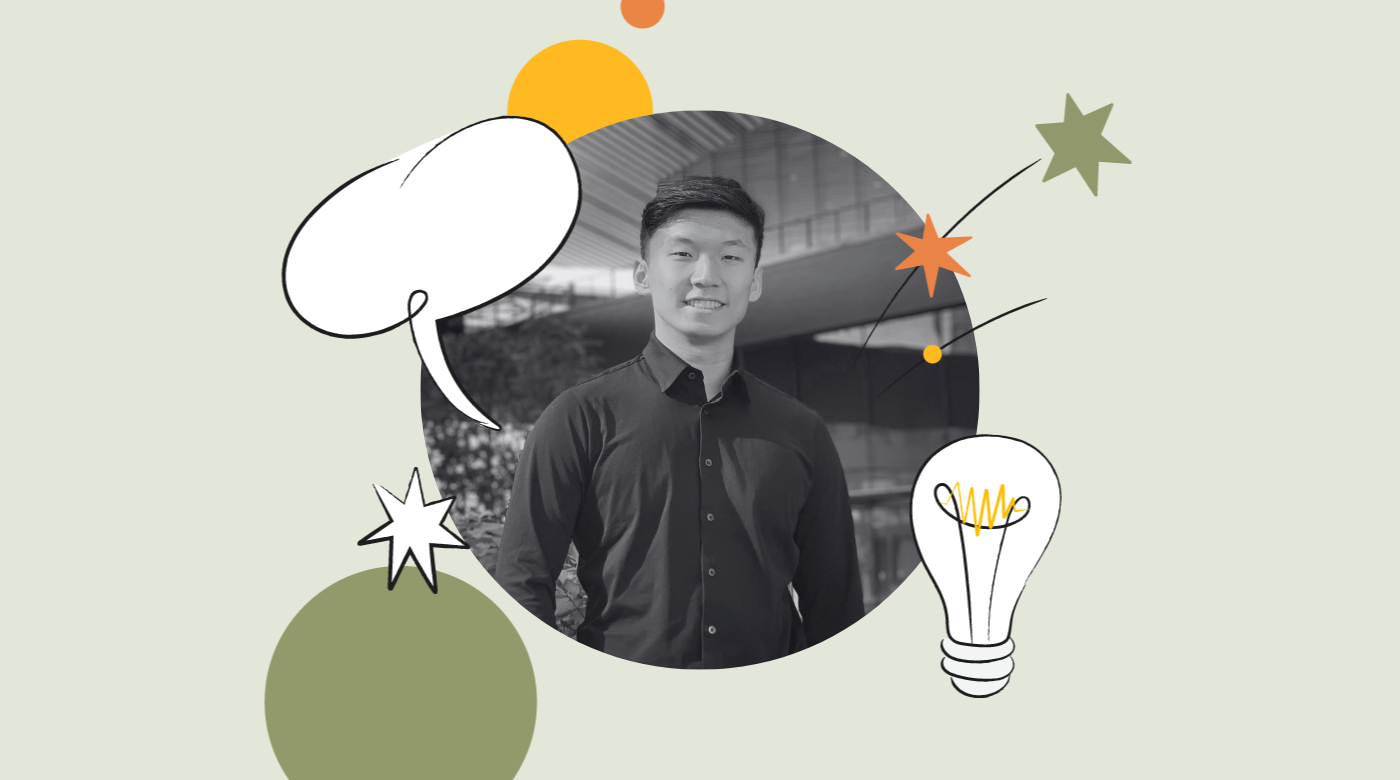In today's competitive market, delivering an outstanding user experience (UX) is critical for product success. A well-designed UX can lead to higher user satisfaction, increased engagement, and, ultimately, improved brand loyalty. But how can product designers, developers, and organizations create user experiences that truly stand out and make a lasting impression on users? In this interview series, we are talking to UX professionals, product designers, developers, and thought leaders to explore "The 5 Best Ways to Elevate Your Product's User Experience." As part of this series, we had the distinct pleasure of interviewing Ethan Ding.
Thank you so much for joining us in this interview series! Before diving in, our readers would love to learn more about you. Can you tell us a story about what brought you to this specific career path?
Nothing in the world can teach you as many things as the 0 to 1 of starting a new business. I asked myself: what is the most challenging thing that I can do now? In starting TextQL, with my background in data, I realized we have the opportunity to create something really valuable in starting this business.
Do you have any mentors or experiences that have particularly influenced your approach to product development and user experience?
In my career I’ve come across several talented engineering leaders, the type who say things like “how is this project taking the team 3 months to complete—I can do it myself in a weekend!" This characterizes the way we develop things at TextQL. Whenever we plan on a product we push to get things done in half the time scoped for the project.
It has been said that our mistakes can sometimes be our greatest teachers. Can you share a story about the funniest mistake you made when you were first starting? Can you tell us what lesson you learned from that?
Early on I scheduled a lot of calls just to ask for advice from successful people, but I didn’t know what advice to ask. When I got on the call I would just be silent with the CEO of a unicorn company. And now it makes me more appreciative of guarding my time. I notice that people whose time is precious always ask what the goal of any meeting is. I learned that it’s good to be mindful of other people's time.
What do you feel has been your ‘career-defining’ moment? We’d love to hear the lead-up, what happened, and the impact it had on your life.
When COVID started, my internship was canceled. I never heard from them. The VC firm that introduced me to that company ended up hiring me for a summer project and went on to hire me for a year later on. That job instilled a love of founding and introduced me to the company I worked at after my time there.
Can you tell us a story about the hard times that you faced when you first started your journey? Did you ever consider giving up? Where did you get the drive to continue even though things were so hard?
I realized that we started fundraising at a very difficult time—during Christmas, when most people are taking time off. During this time, I realized that my visa was expiring in January. I was rejected by at least 2 dozen VCs, because going into Christmas, no VCs were working. But the sheer desperation of not wanting to get deported drove me to continue, so we pushed through and got a term sheet before Christmas.
How do you stay on top of market trends and developments in the product management space?
Twitter.
What role does cross-functional collaboration play in accelerating product development cycles, and how do you foster effective collaboration across different teams and departments?
I believe that you shouldn’t be building any feature before having capital committed by customers for it. Wait until you have that commitment to build anything. It’s on Sales to only promise things when the work to build it is going to be worth it. The team must be aligned to do this.
Based on your experience, what are your “The 5 Habits That Can Accelerate Product Development Cycles”?
1 . Use your own product, a lot—because a million things could go wrong that you can’t anticipate. You don’t want those things to be a surprise to you.
2 . Check in with engineering on how much the estimates are really necessary. There’s a lot that good engineers will anticipate in terms of problems that would come down the road so they may overshoot the time necessary to complete a project. There was a project that we cut from 2 months to a week by doing that.
3 . Be candid when talking to customers. It changes the tone of a customer conversation when you know whether or not you can truly help them. Give them an ‘out’ when you’re doing discovery conversations and ensure you don’t end up spending time working on solutions that are a dead end.
4 . Timebox proof of concepts. This helps you avoid spending copious time adding a lot of features to something that you’re not sure will work.
5 . Ask customers how much they are willing to pay. If the amount they are willing to pay does not exceed the amount it costs to develop, your customer would probably prefer you to work on something else.
What are some of the common pitfalls that you see product teams fall into when trying to accelerate their development cycles, and how can these be avoided?
You need a single responsible person who is in charge of delegation, assigning responsibilities, and spearheading the project. That person needs to present as confident and in control or you end up spiraling into decision analysis.
Can you share an example of a time when you had to make a tough tradeoff between speed and quality during a product development cycle, and what was the outcome of that decision?
This is never a tough tradeoff—we always go for speed. We’re very happy with our sales process, but we didn’t have a really scalable pipeline and the engineers weren’t all comfortable with the fact that all of our edge cases weren’t covered. Despite that, that we were able to spend so little time getting it live, it let us justify allocating more engineering effort to scale it up in the right way.
How important is a data-driven approach to product development, and can you share a story where data significantly influenced your decision-making process?
Enterprise companies don’t have much of an option for data-driven product development. Your customers don’t have that many touchpoints with the products. Enterprise customers generally know what they’re doing, they don’t need hand-holding. If they’re told they can accomplish something with a product, they do it.
Can you share an instance where user feedback led to a significant pivot in your product development strategy?
A customer’s hesitance to pay led us to completely reset a product that we were building and prioritization that we had laid out in front of us. This has happened other times with prospects, as well. If you’re uncomfortable bringing up payments, it’s for a reason—it’s because you know your product isn’t solving their issue.
Is there a person in the world with whom you would love to have a private breakfast or lunch, and why?
DJ D-Sol (David Solomon). Seems like a cool guy who knows how to have fun, despite having a pretty large weight on his shoulders at all times.
For more content like this, subscribe to the Product Manager newsletter.

